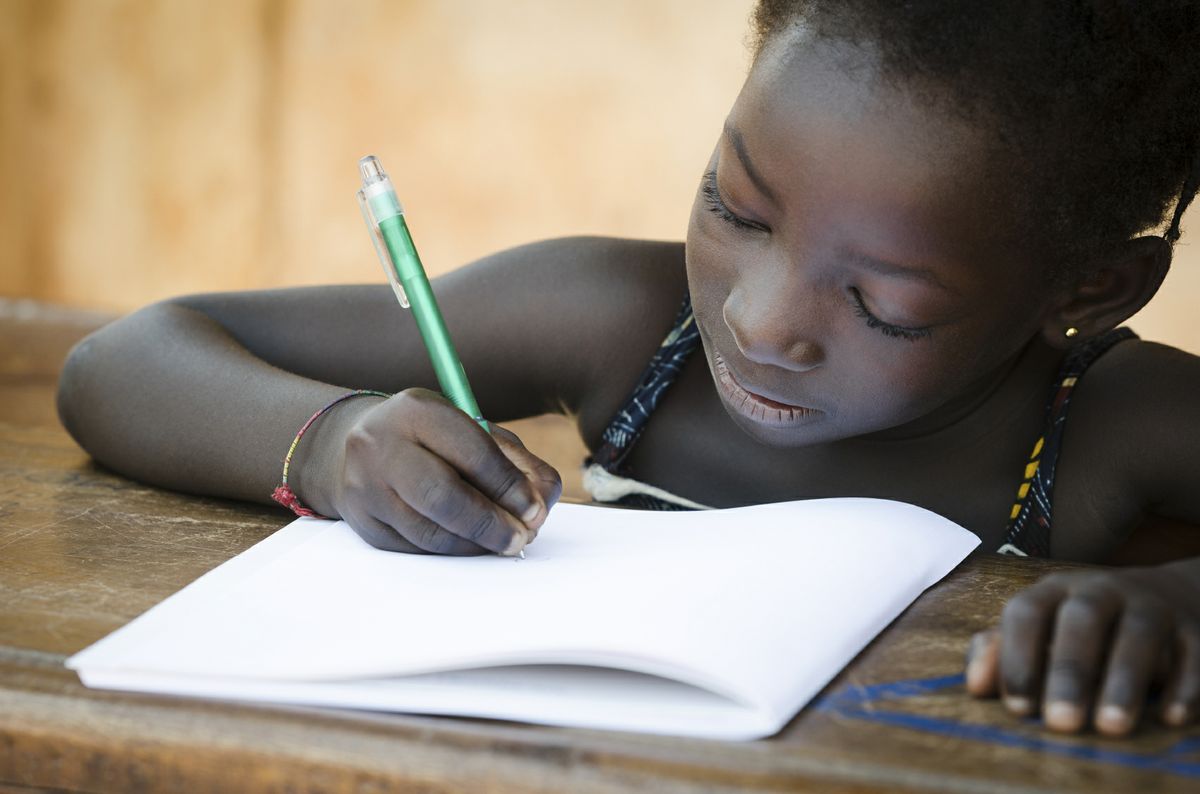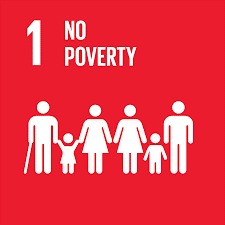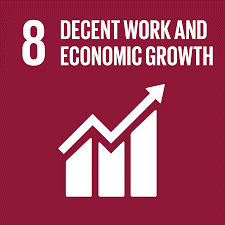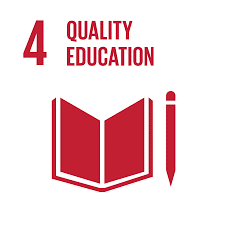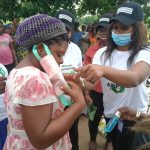COVID -19 Education Support Project
Developing and Protecting the Next Generation of Change Agents, Business Leaders, Scientists, Doctors and Caregivers.
Our Mandate is to assist the Nigerian society in reforming, restructuring, and rebuilding Nigerian children, women, and youths towards sustainability and strength of character to close the existing gap, reduce poverty, inequality, and illiteracy via empowerment.
The Coronavirus Pandemic (COVIC -19) has greatly impacted the educational sector with an estimated 1.725 billion (99.9% of the global student population) learners affected as a result of the schools’ closure, (UNESCO, 2020). Technology and digital platforms are being deployed globally to ensure continuity of learning and education.
- Inadequate access to technology and educational resources,
- The dearth of digital skills amongst teachers, students, parents, and caretakers.
- None availability of virtual learning programs by most schools (especially public schools)
- Low internet/digital penetration coupled with unreliable power supply
- Boredom and despondency accessioned by the lockdown which has created potentials for mental imbalance and unhappiness as can be seen in the increasing incidence of juvenile delinquencies and other social vices
The 13.2 million out of school children in Nigeria have been exacerbated by the COVID-19 pandemic further magnifying the educational inequality in the country. Through the School Support Programme, we will ensure continued learning during this pandemic by providing self-help and Do-it-Yourself (DIY) learning resources to those who are starved of access to formal education or lacks the resources to afford one. In doing this, we will ensure that the universal and fundamental rights to education are assured for a large portion of the population while at the same time reversing the injustice of illiteracy and ultimately restoring the lost school time as a result of the pandemic.
Project Activities
The activities for this project are focused on developing the Cognitive, Psychomotor, and Affective domains of the out-of-school children.
|
Aptitude Development |
Distribution of Books and Learning Resources (workbooks, personal development books, and self-enhancing books) |
|
Creative Learning Development |
DIY Books and Learning Resources on Art and Craft, Skills Acquisition, Information Technology, and Creativity enhancing activities
|
|
Self-Help and Mental Health Management |
DIY Puppet Makers, Board Games, Healthy Living Tips, and First Aid Kits with instruction manuals |
Project Benefits
The realizable benefits of the project are classified into short, medium, and long – term periods as follows:
| Short -Term | Medium Term | Long -Term |
| *Immediate Restoration of Lost school Hours
*Completion of Missed Curriculum
*Learning of Livelihood Skills |
*Stimulation of Creativity
*Creating an army of innovators
*Improvement in Mental Health and Hygiene |
*Engendering Self-Learning and Self-Sustainability
*Creation of Tech Savvy Children and Youths
*Reduction in Education Inequality and Illiteracy |
Budget (36 States and FCT)
| Description | Quantity | Cost (USD$) | Amount (USD$) |
| Preliminary Sensitization, Social Impact Assessment and Stakeholder Engagement | 37 | 5,263.16 | 194,736.84 |
| Training Per Head | 37,000 | 658 | 24,342,105.26 |
| Transport and Logistics | 37 | 4,473.68 | 165,526.32 |
| Monitoring, Evaluation, and Follow-up | 37 | 4,736.84 | 175,263.16 |
| 24,877,631.58 |
Bridging the education gaps caused by the COVID-19 pandemic is a task that must be taken seriously and the solutions we provide are not unique and pleasant they are proactive and a strong demonstration of resilience with positive implications for the future of Nigeria.

